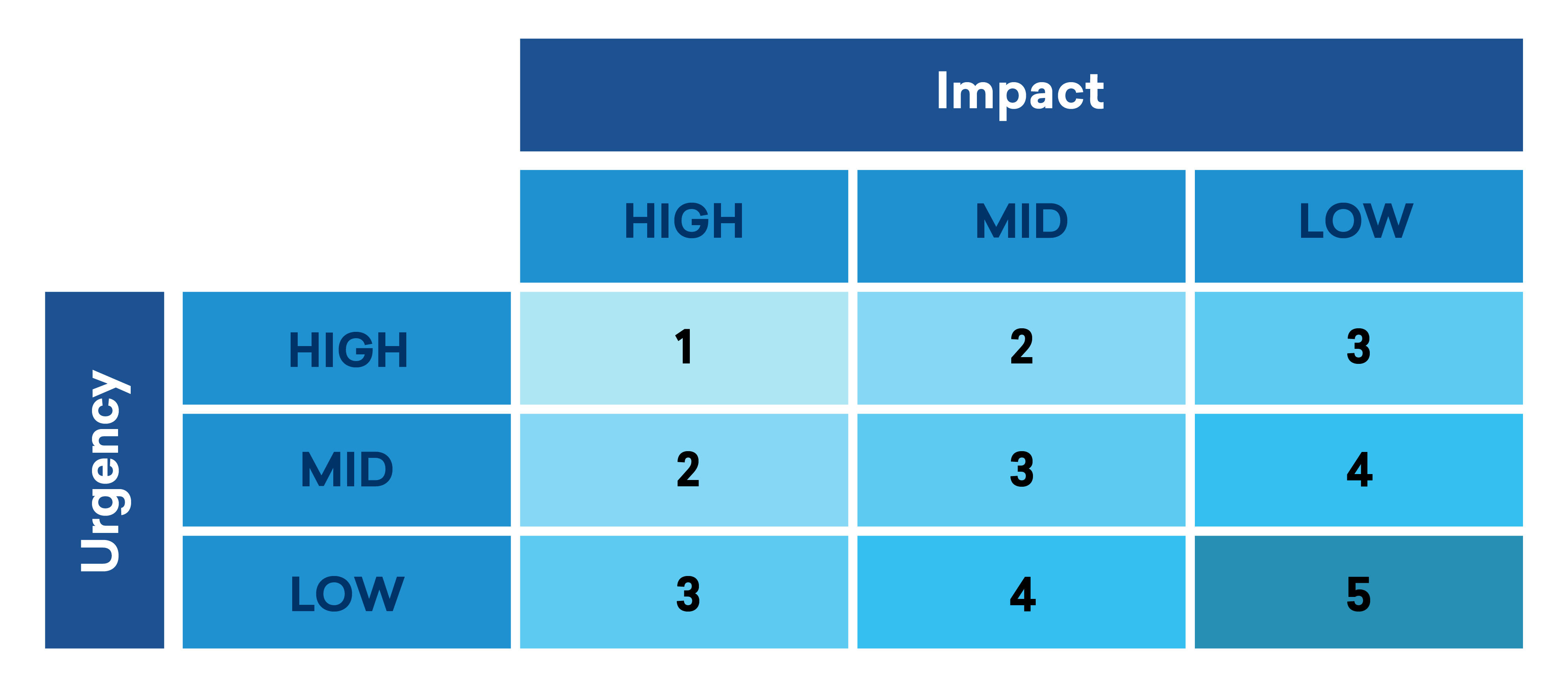
You can use a dedicated task management tool or simply track your time in 30-minute increments in a spreadsheet.Īfter one week, organize your completed tasks into the appropriate quadrant using the following questions as your criteria: Prioritizing your tasksįirst, evaluate where on the matrix you spend your time. They’re simply distractions from what matters most.ĭelete these tasks from your schedule. These tasks aren’t pressing, nor do they help you reach your long-term goals. They believe they’re working on urgent tasks that are important to them when in reality, completing these tasks does nothing to inch them closer to their long-term goals. Most people spend the majority of their time in this quadrant. These are tasks where you help others meet their goals. Tasks that fall in this quadrant are nearly always interruptions from your preferred course. Most people, however, don’t spend enough time here, because they don’t know what’s important to them or because they’re fixated on the most pressing tasks at hand. Productive and successful people spend most of their time here - this quadrant yields the most satisfaction. Not urgent but important tasks help you achieve your goal - and don’t have a pressing deadline. Urgent and important tasks are crises with due dates - such as a critical bug fix for your SaaS tool.ĭo these tasks first.


It splits tasks into four boxes that prioritize which tasks you should focus on first and which you should delegate or delete.Īlso known as the Urgent-Important Matrix, it was popularized by Stephen Covey in his best-selling book, The 7 Habits of Highly Effective People.

The Eisenhower Matrix is a simple decision-making tool that helps you make the distinction between tasks that are important, not important, urgent, and not urgent. The urgent are not important, and the important are never urgent.” “I have two kinds of problems: the urgent and the important.

The Eisenhower Matrix helps you make that distinction and improve your time management. It’s easy to get stuck in this reactionary cycle where you constantly put out fires, robbing yourself of the opportunity to work toward your goals.īy distinguishing between urgent and important tasks, you can focus more time and energy on the things that matter most. When you focus too much time on urgent tasks, you neglect the important ones on your to-do list. Humans prioritize time-sensitive tasks over any other task, regardless of the long-term payoffs. This is a costly and emotionally draining way to spend your time. You could spend hours putting out fires and at the end of the day be no closer to reaching your long-term goals. Being busy is not the same as being productive.


 0 kommentar(er)
0 kommentar(er)
